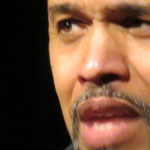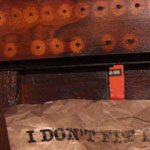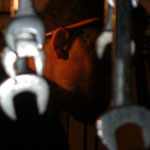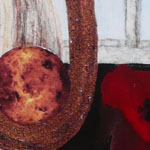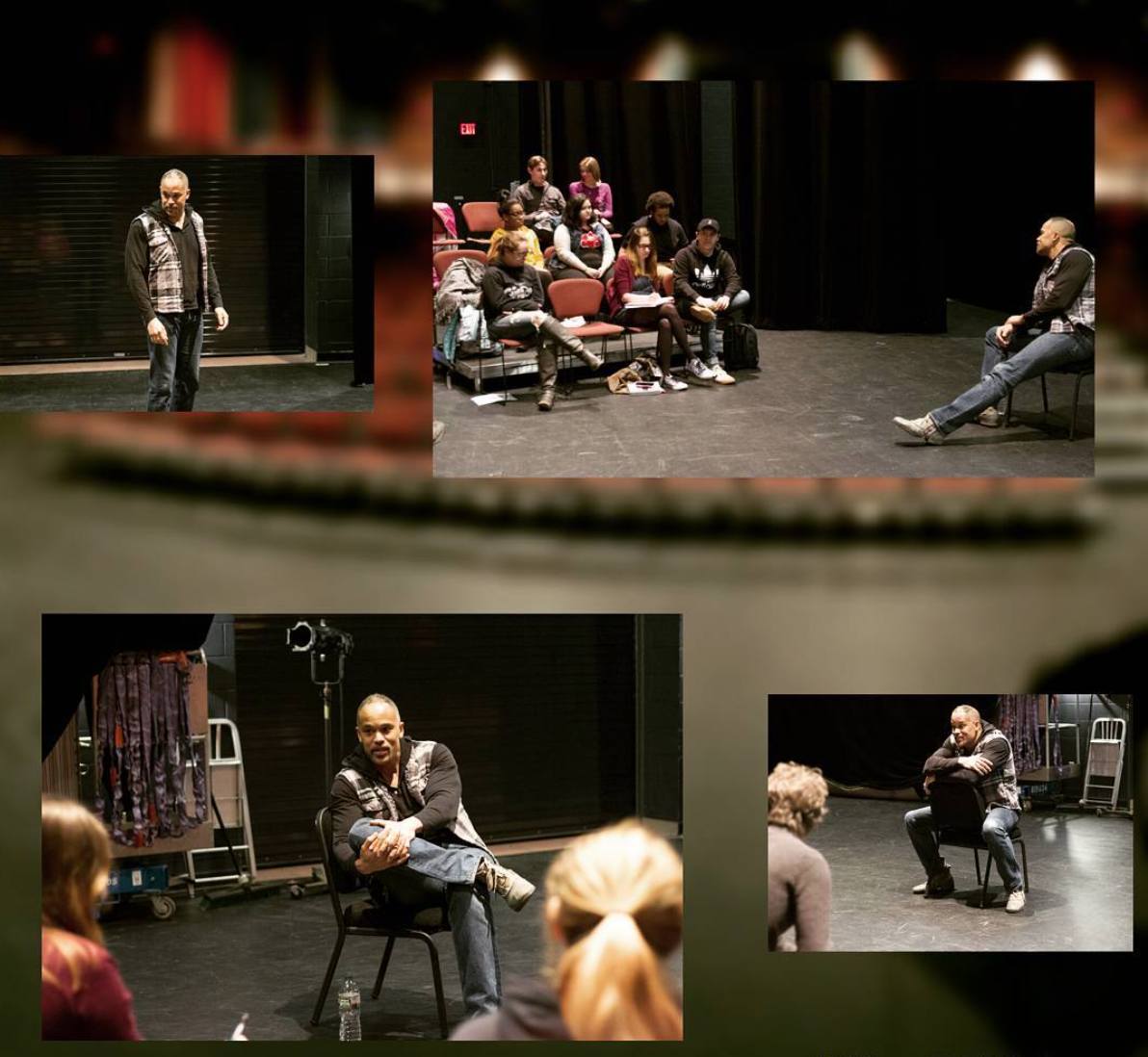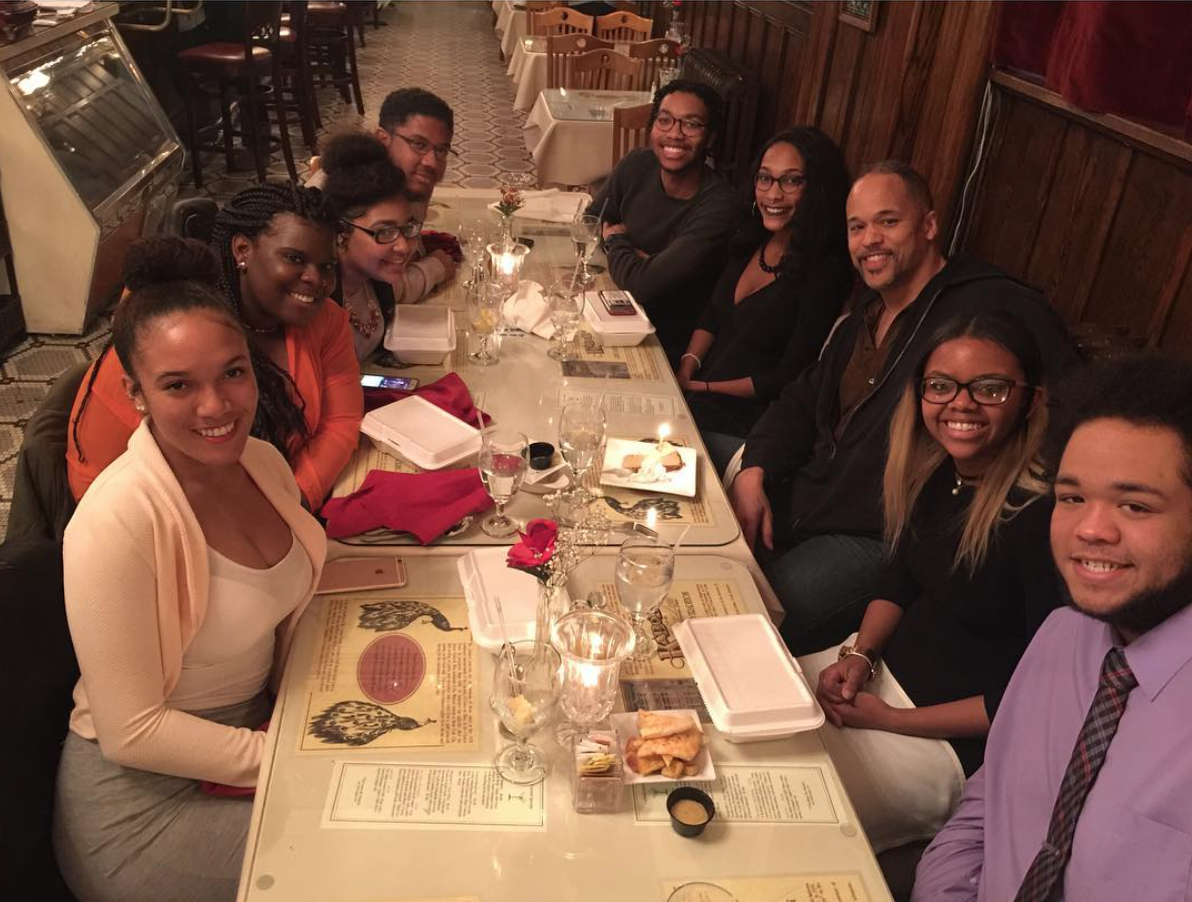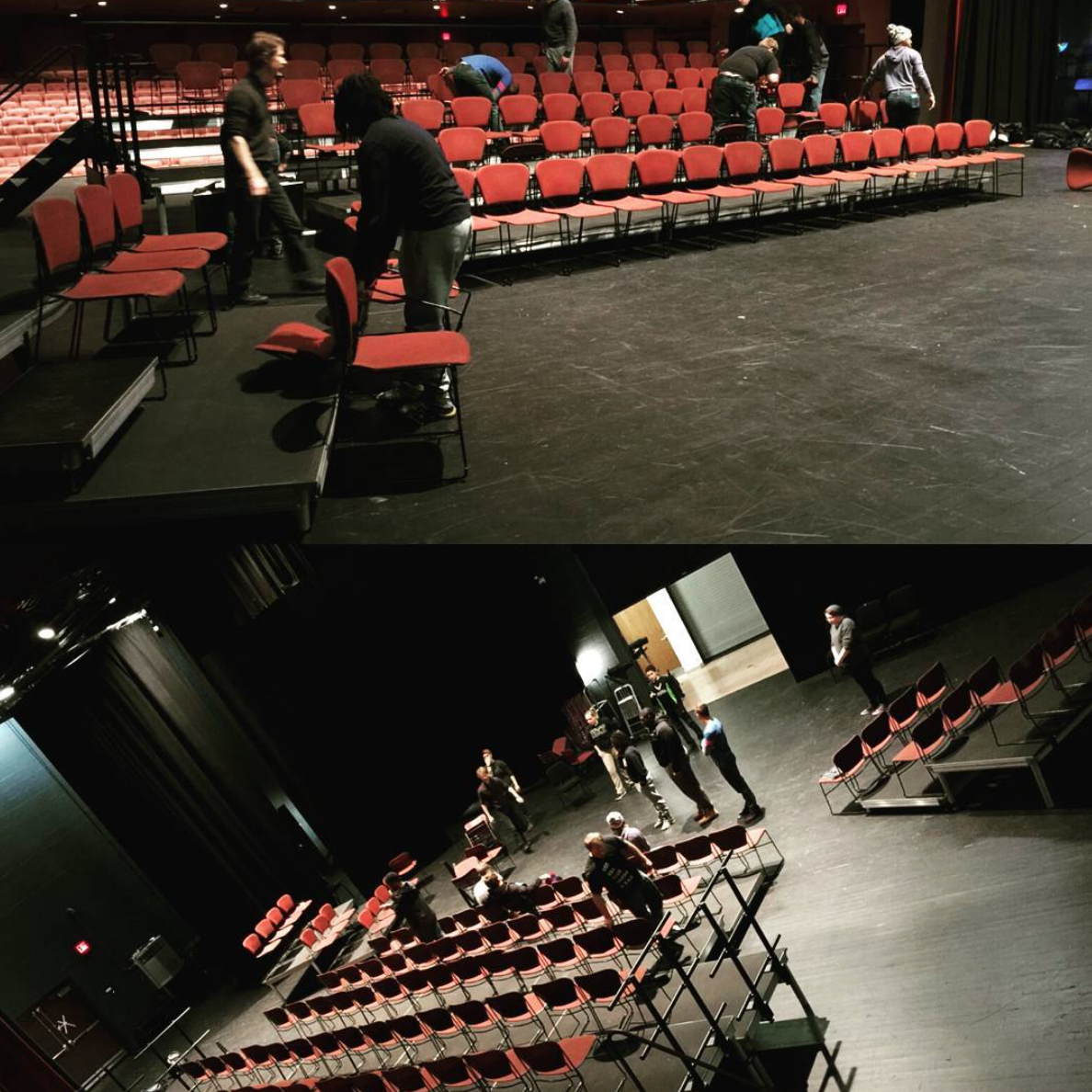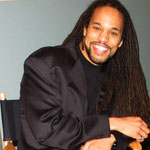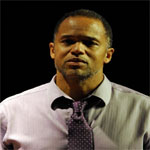The week in Northern Pennsylvania was short; five working days really. The University of Pittsburg-Bradford is a small, beautiful campus, and the week saw it covered in snow. My host, Professor Kevin Ewert, who teaches theatre at the college, packed a great deal of interaction into that five days. I met with theatre students, students from the African American Student Union,
and a highlight of the trip, I met with Professor Ewert’s Modern Black theatre class at FCI McKean Federal Correctional Facility, where his students share a session once a week with a class of incarcerated men, all of whom had read American Moor. The feedback from this group was profound for me. This was the first time that the play had been presented to any group, not as performance, but as literature. The responses of the inmates were unique and immediate. Of course they would see in the play what has always been there, but see it in the starkest of terms, particularly the elements focusing on social justice.
The theatre students were most interested in inquiring about what possibilities there were for an actual life in the theatre. How does one pursue such a life and be reasonably comfortable in the belief that life will be livable. Of course I’ve no answers for such concerns. What young aspiring theatre people need to hear most, it seems to me, is that there isn’t much choice in the matter if you are innately driven to manifest your being through the arts. You may be miserable attempting to eek out a living, but you’ll be equally miserable, if not more so, attempting to live a life in an albeit “safer” way, yet one that does not honor your soul-labeling. In our interaction I did not get the sense that these students get to express much regarding their needs in art, or their fears born of those needs. I was happy to have the time just to engage the discussion. Communication is everything…
The students of the African American Student Union and I got to sit down to dinner, where I listened to them speak on the issues of Blackness and campus life that most concerned them. They were also helpful in generating an audience for the Thursday night performance of American Moor.
One last group that I was given the opportunity to speak with was an Art Appreciation class. This was a discussion that fed directly into many of the themes present in American Moor, most particularly ideas about who gets to make art, and who is to say what art is good, relevant, and/or worthy of attention.
Except for the inmates from McKean, of course, many from all of these groups were present for the performance. I played to a house of about 75 people in a playing space uniquely configured for our production. It was extremely intimate, with very little distance between me and the audience. This always allows me the ability to truly include them in the journey happening on-stage. Most often they seem happy to come along. The post-performance discussion was, as always, alive with audience expressions of the experience.
UPitt-Bradford, unlike FAMU and Southern Shakespeare Company, did not have the wherewithal to bring in the community beyond the college in the same way. The performance there was largely for students and faculty. I always feel as though one week, though better than the one-off nature of a couple of days, is still sort of a one-off in itself. I’m left wanting to do more, to explore more deeply, to ask and answer further questions, which are endless. The first performance is always rough. There needs to be at least two… When the production finds a home of its own for an extended run, that problem will ostensibly be alleviated. But there is stuff in the academic setting that I won’t find out in the world of the professional theatre. I suppose it’s nothing for me to dwell on, but just to take each new endeavor as it comes and for what it presents. I think lives were affected by the work of the week in Bradford, none the least of which was mine.


